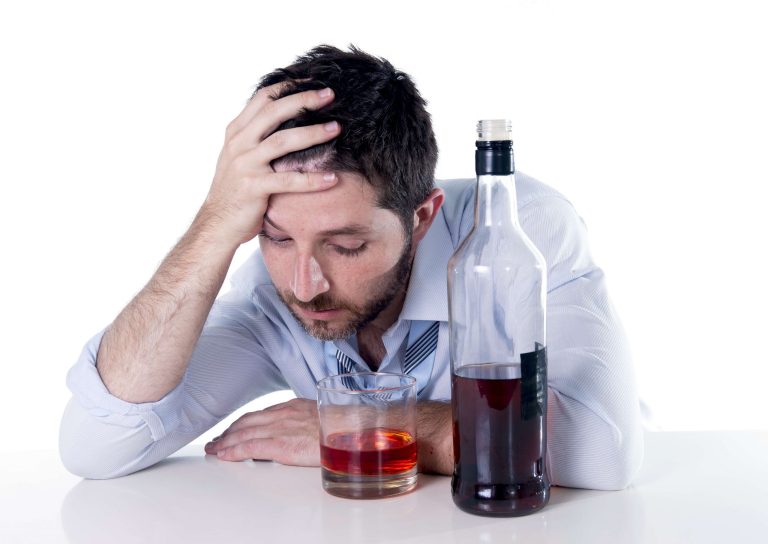Curb Alcohol Cravings: 3 Medications and 5 Natural Remedies to Drink Less or Quit
03 Oct
A doctor or psychiatrist can offer more information and help you explore possible treatment plans. Taking time to explore the specific people, places, and situations that cue your urge to drink can make a big difference. When not drinking, you might begin to notice feelings of anxiety or other emotional distress, along with strong cravings for alcohol. Cravings won’t necessarily affect everyone who cuts back on alcohol.

Change your environment
This can help you feel confident that you won’t act on an urge you might experience. When you can sit with the urge comfortably, try it alone. If you are reading this, you are well on your way to understanding yourself better and getting what you want and need in life. What happens if you can’t control your alcohol use with these techniques?

Question the Urge
- Your drinking goal should be based on what is best for your long-term health, as well as what is realistic for you, your family and friends, and other aspects of your lifestyle.
- If you choose to try it on your own and at any point feel you need more help, then seek support (see Help Links).
- Dr. Streem says that if your goal is to stop drinking altogether, you’re more likely to have success quitting all at once, rather than weaning off alcohol.
- People who are still drinking are not prescribed acamprosate.
By opening up about your relationship with alcohol, you might also encourage others to explore their own drinking habits. Say you don’t have any cravings when you go without drinking. All the same, “a quick drink” often turns into three or four drinks. When you’re having a good time, you find it hard to stop, especially in the company of friends having the same amount.
Urge Surfing
These triggers can be people, places, or things that make you crave alcohol. Crystal Raypole writes for Healthline and Psych Central. Her fields of interest include Japanese translation, cooking, natural sciences, sex positivity, and mental health, along with books, books, and more books. In particular, she’s committed to helping decrease stigma around mental health issues. She lives in Washington with her son and a lovably recalcitrant cat. At the end of the day, just remember you don’t have to run the course alone — connecting with a therapist or joining a recovery program can make all the difference.
- He is the medical director at Alcohol Recovery Medicine.
- Say you don’t have any cravings when you go without drinking.
- There are also support groups such as Moderation Management, which aims to help drinkers who are trying to cut back.
- Many people with alcoholism have an inability to take care of themselves, and learning this new skill in recovery is essential even with such basic behaviors as eating and sleeping.
- Crystal Raypole writes for Healthline and Psych Central.
Genetic, psychological, social and environmental factors can why can’t i control my drinking impact how drinking alcohol affects your body and behavior. Theories suggest that for certain people drinking has a different and stronger impact that can lead to alcohol use disorder. If your pattern of drinking results in repeated significant distress and problems functioning in your daily life, you likely have alcohol use disorder.

If you’re concerned about someone who drinks too much, ask a professional experienced in alcohol treatment for advice on how to approach that person. Alcohol use disorder is a pattern of alcohol use that involves problems controlling your drinking, being preoccupied with alcohol or continuing to use alcohol even when it causes problems. This disorder also involves having to drink more to get the same effect or having withdrawal symptoms when you rapidly decrease or stop drinking.
